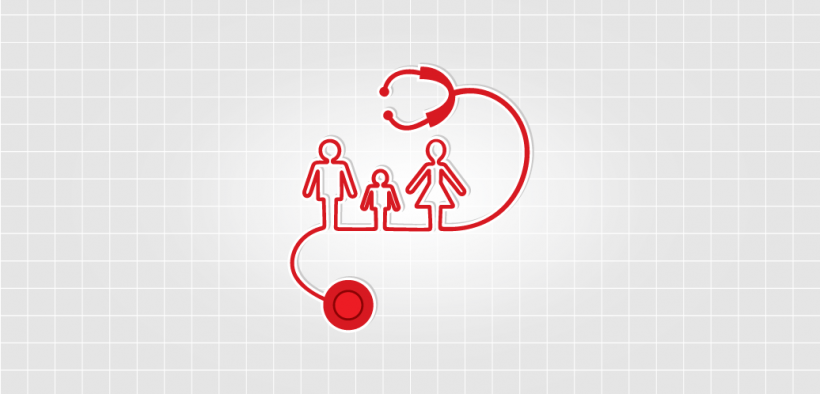Global Medicine: Beyond Stitches and Stethoscopes

Over winter break, I found myself back in Hyderabad, India. A city of many religions and cultures, it was also once my home until I immigrated to the United States. While I was there, I had the unexpected opportunity to observe the practice of medicine at various levels. Because I had grown up in Hyderabad, I was confident that nothing would shock me too much. Of course, I was completely wrong and I found myself having to digest the reality of the immense differences in practicing medicine in the United States versus in India.
I ultimately learned that the responsibility that lies in global medicine is not just mastery of medical knowledge; it also includes compassion and the ability to look beyond our own culture to understand the context of health in an unfamiliar tradition.
***
I already knew that in India, patients do not expect to have their doctor’s full attention, unlike they do here in the United States. I also knew to be conscious of different approaches to hygiene. However, I soon learned that there are many subtle differences that make providing healthcare in an unfamiliar setting a matter of so much more than simply the possession of technical skills and theoretical knowledge. I was really impacted by how much of a deep understanding doctors must have about a patient’s cultural background, especially when those conditions at home could be affecting their health.
Shadowing a gynecologist, I observed the doctor’s interaction with a girl who had been married at 14. I was taken aback by the fact that underage marriages are still taking place in such an urban, developed place, but I also I realized that the way the doctor was able to reserve judgement while offering advice was a much more important skill than the basic medical care she needed to provide for that patient. As patients in your native home country, your doctor’s cultural understanding of your situation is expected and taken for granted. When considering the consequences of a lack of such cultural comprehension, I was able to understand how our individual cultural contexts deeply affect approaches to healthcare. If, due to cultural misunderstanding, a doctor alienated their patient, that mistake could lead to dire results.
***
I also had the opportunity to help out at a medical camp in a rural setting. The one-day free medical camps in rural India generally involve two doctors volunteering for a few hours. However, within those few hours, they have to see a couple hundred patients. Used to the way doctors devote their time to deeply listen to their patients’ concerns, I was suspicious of how the doctors were able to diagnose someone when they only spoke to the patient for a few seconds.
As someone familiar with public health might expect, the conditions seen among the villagers were almost exclusively occupation or lifestyle related and easily treatable. I also noticed that many patients were eager for medicine for issues that would more easily be treated with diet changes. It made me wonder if there was a perception that medicine to them was a Western concept, and that because it was foreign, it was more highly regarded by them.
I also found it troubling that the patients in India were resigned to the point where they were wholly trusting of their doctors. Information, in this age, is very easily accessible but it is not being used as it should be to raise health awareness. It is undoubtedly difficult to reach communities in remote areas; however, to reduce inequities in healthcare, basic health information should reach these very areas. By solving the simplest and most common misconceptions, progress can definitely be made. I think that the issue of health information not being available as needed is not necessarily contained to “developing” countries, but it is something that can be noticed in the U.S. as well. Therefore, I think a commonality that arises in my observations is we should avoid viewing the treatment of health as an isolated field; when information is shared and cultural sensitivity is practiced, the practice of medicine is much more comforting to patients, no matter what country they live in.
***
I am grateful that I had the opportunity to go on this trip early on in my undergraduate career because it has certainly altered the way I think about medicine. It is a well-known fact that medicine is more than science, but this direct experience gave me the ability to truly grasp the importance of maintaining the humanity in medicine. Although I was skeptical of the importance of shadowing abroad or experiencing medicine abroad, it is definitely a rare opportunity that will alter or solidify your perspective, and I would highly recommend it to anyone considering a similar experience.



